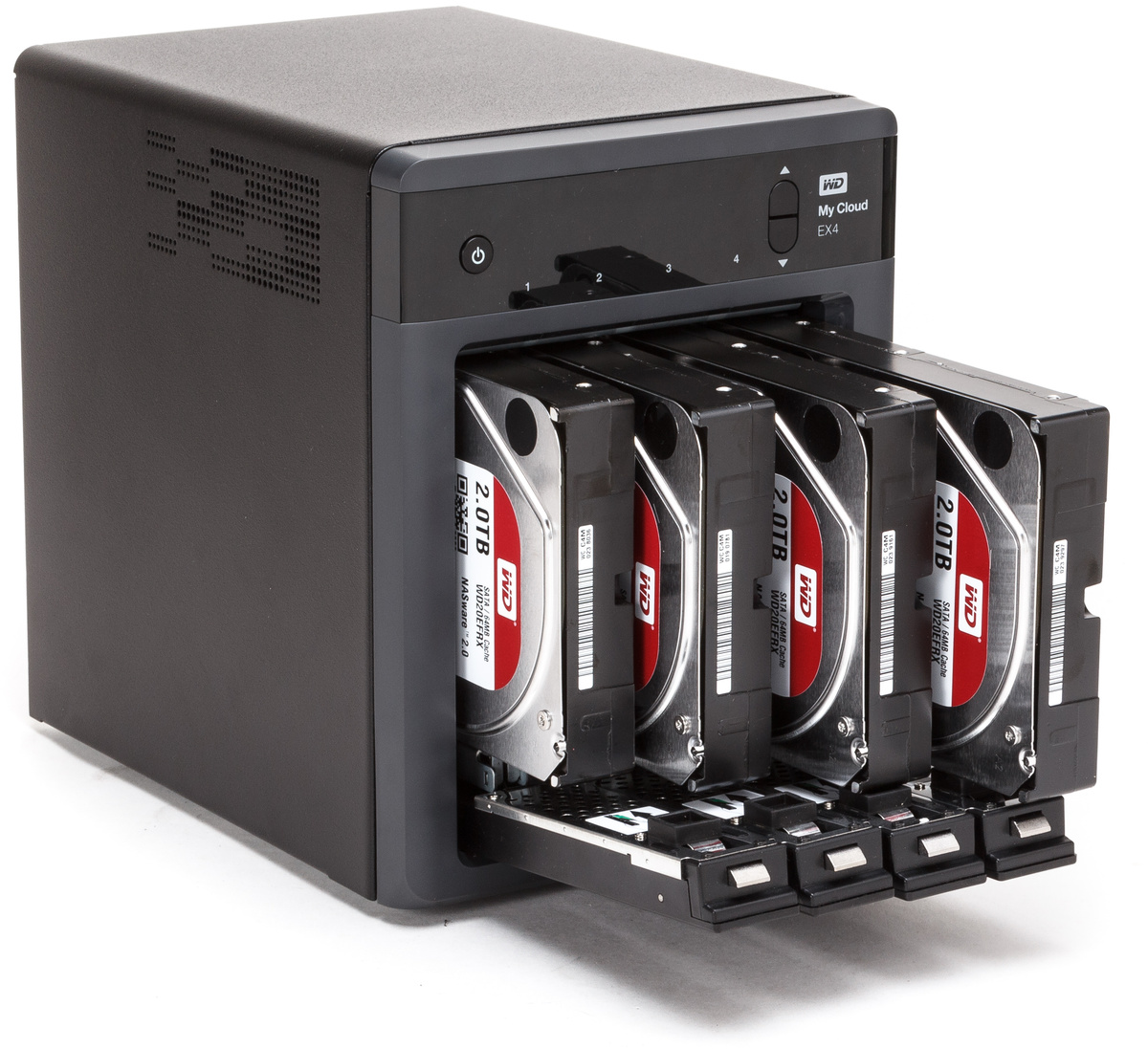
Title: Data Protection: Explore Backup and Storage Solutions for Comprehensive Data Protection
Introduction: In today's digital world, protecting data from loss, damage, and cyber threats is of utmost importance to businesses of all sizes. Backup and storage solutions play a critical role in data protection and disaster recovery strategies by providing reliable methods for storing and accessing critical information. This overview examines a variety of backup and storage solutions, including external hard drives, network attached storage (NAS) devices, and cloud storage services that provide comprehensive data security and resiliency.
Understanding backup and storage solutions:
-
External Hard Drives:
- External hard drives offer portable and cost-effective storage solutions for individual computers or small office networks.
- These drives connect to devices via USB or Thunderbolt ports and provide ample storage capacity for backing up files, documents, photos, and multimedia content.
- Things to consider include storage capacity, data transfer speed, durability, and compatibility with different operating systems and devices.
-
Network attached storage (NAS) devices:
- NAS devices are specialized storage devices that connect to an office network and provide centralized storage and backup for multiple users and devices.
- These devices offer features such as RAID (Redundant Array of Independent Disks) configurations for data redundancy and fault tolerance, remote access via the Internet, and integration with backup software for automatic backups.
- NAS devices are scalable, allowing businesses to expand storage capacity as needed by adding additional hard drives or expansion modules.
-
Cloud storage services:
- Cloud storage services offer remote storage solutions to back up data to remote servers hosted in data centers managed by service providers.
- These services provide data scalability, availability, and redundancy, allowing businesses to securely store and access data from anywhere with an Internet connection.
- Features may include automatic backups, versioning, encryption, compliance certifications (e.g. GDPR, HIPAA), and collaboration tools for file sharing and synchronization.
Benefits of data backup and storage solutions:
-
Data protection and backup:
- Data backup and storage solutions provide multiple layers of data protection and redundancy, ensuring that critical information is protected from hardware failures, disasters and cyber threats.
- Redundant storage configurations such as RAID and off-site backups minimize the risk of data loss and enable rapid recovery in the event of an outage or disaster.
-
Availability and flexibility:
- Data backup and storage solutions provide flexibility in accessing and managing data, allowing users to retrieve files and documents from any location and device connected to the Internet.
- Cloud storage services provide scalability, allowing businesses to adjust storage capacity to meet changing needs without having to upgrade physical hardware.
-
Economic efficiency:
- Backup and storage solutions offer cost-effective alternatives to traditional tape backups and local storage infrastructure, eliminating upfront hardware investments and reducing maintenance and operating costs.
- Subscription-based pricing models for cloud storage services provide predictable costs and eliminate the need for capital expenditures on storage infrastructure.
-
Compliance and Safety:
- Cloud storage services follow industry standard security protocols and compliance requirements to ensure data confidentiality, integrity, and compliance.
- Encryption, access control, and audit trails provide additional layers of security to protect sensitive information from unauthorized access and data leakage.
Key recommendations for implementing backup and data storage solutions:
-
Data Retention Policy: Define a data retention policy to determine how long backups should be retained, archived, and disposed of in accordance with regulatory requirements and business needs.
-
Encryption and Security: Implement encryption mechanisms and security protocols to protect data in transit and at rest, protecting against unauthorized access and cyber threats.
-
Scalability and growth: Choose backup and storage solutions that can scale to meet your growing business storage requirements, giving you the flexibility and agility to manage data growth.
-
Disaster recovery planning: Develop comprehensive disaster recovery plans that describe procedures for restoring data from backups, verifying the integrity of backups, and minimizing downtime in the event of a disaster or equipment outage.
Bottom Line: Data backup and storage solutions are integral components of a robust data protection and disaster recovery strategy for businesses seeking to protect critical information assets. Whether companies use external hard drives, NAS devices, or cloud storage services, they can reduce the risk of data loss, ensure business continuity, and comply with regulatory requirements. By implementing backup and storage solutions with features such as data redundancy, availability, scalability and security, businesses can strengthen their defenses against data loss and cyber threats, providing peace of mind and resilience in today's digital world.






